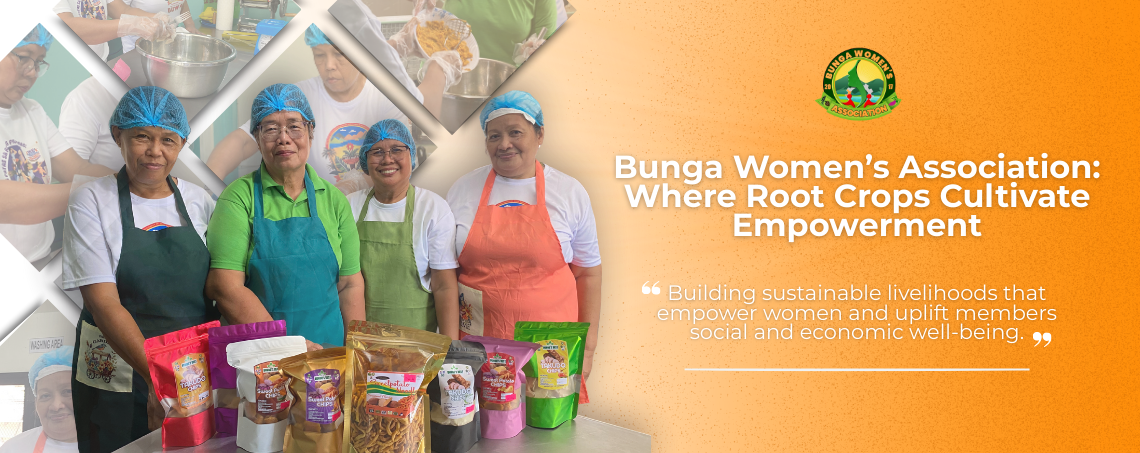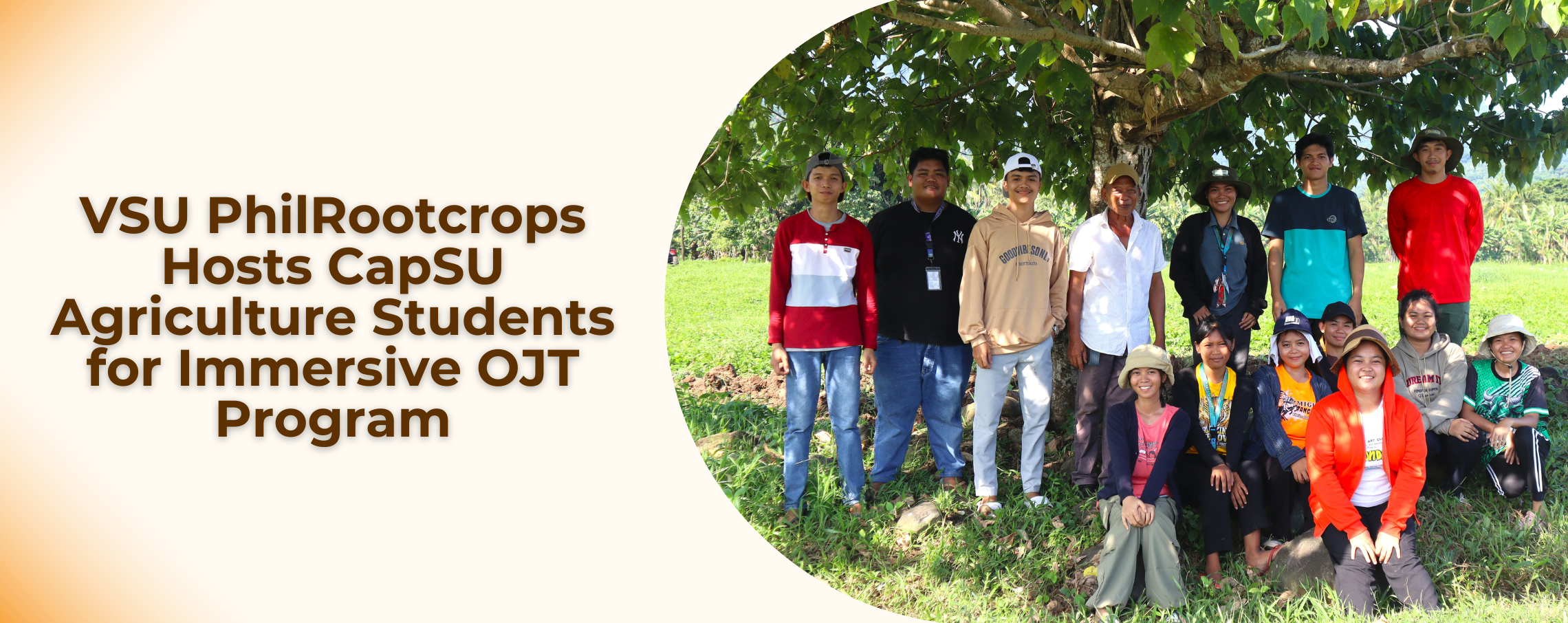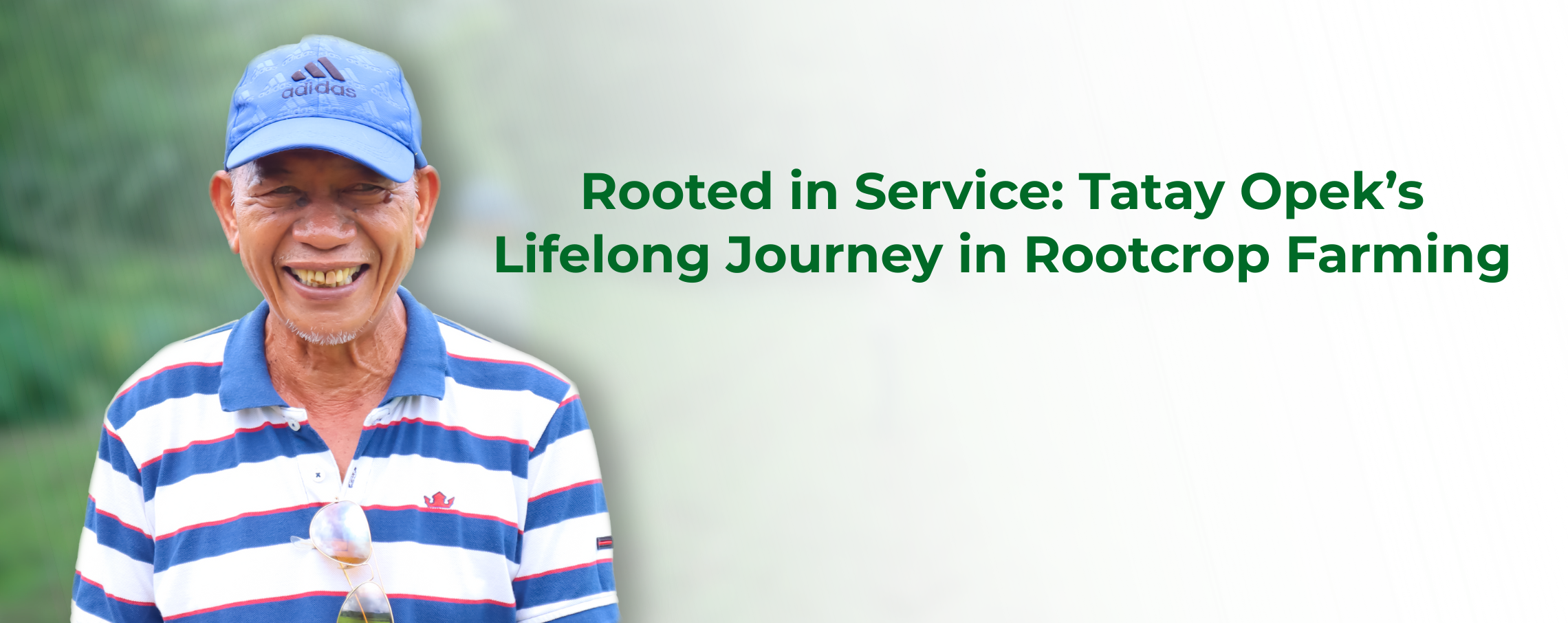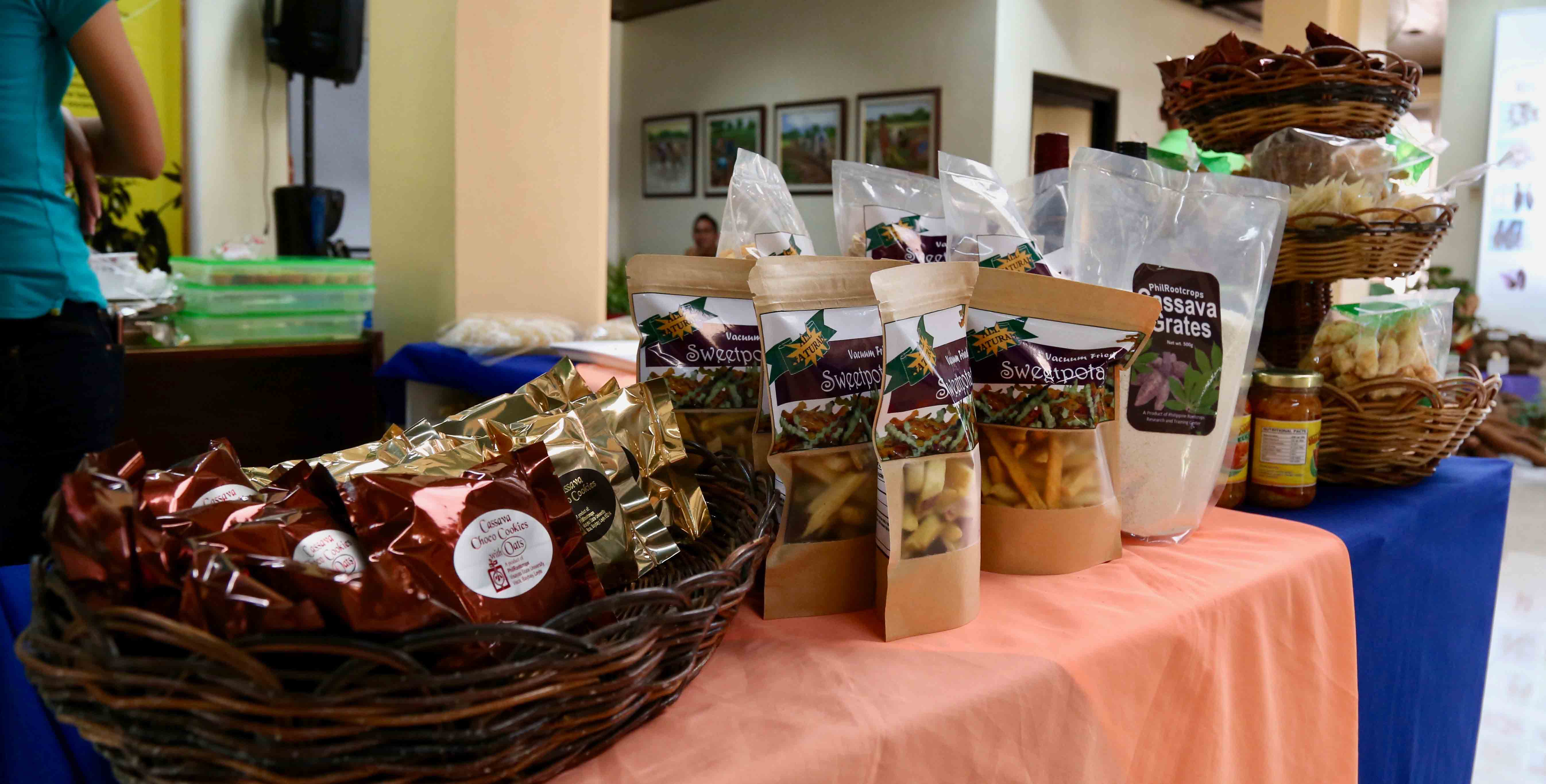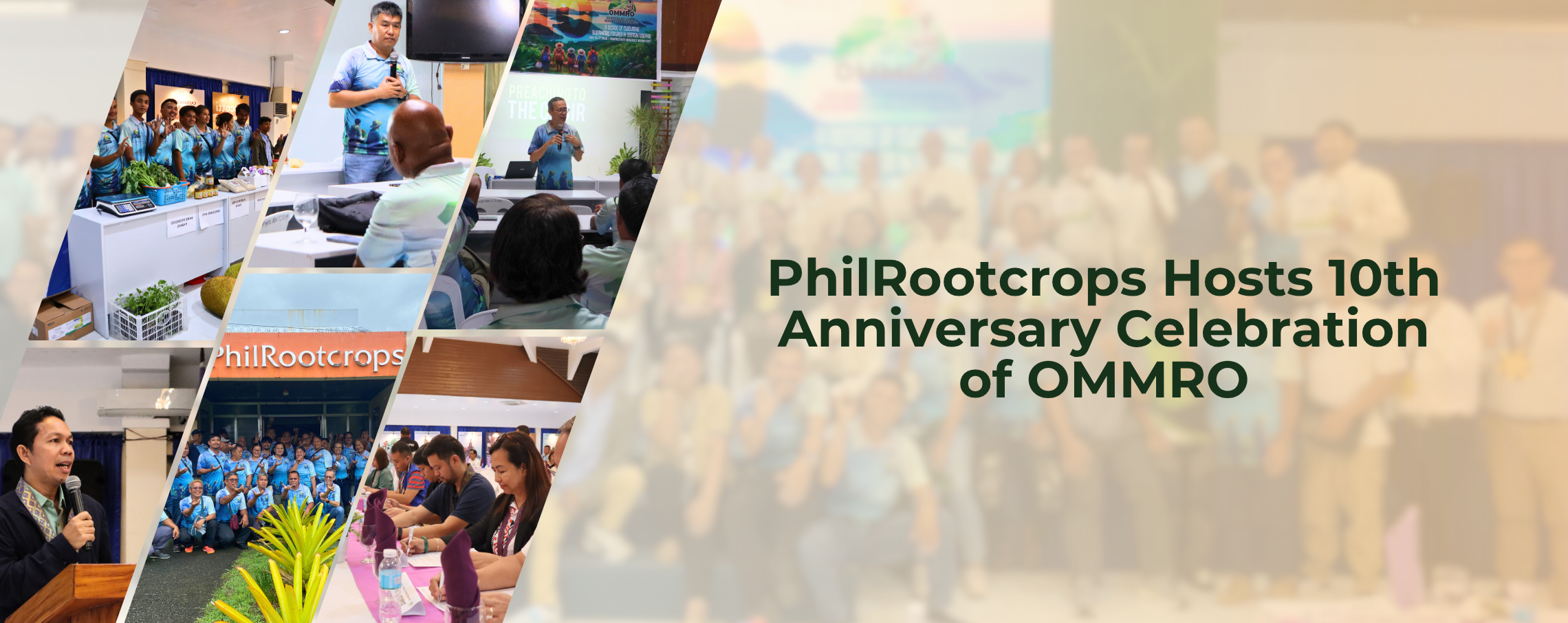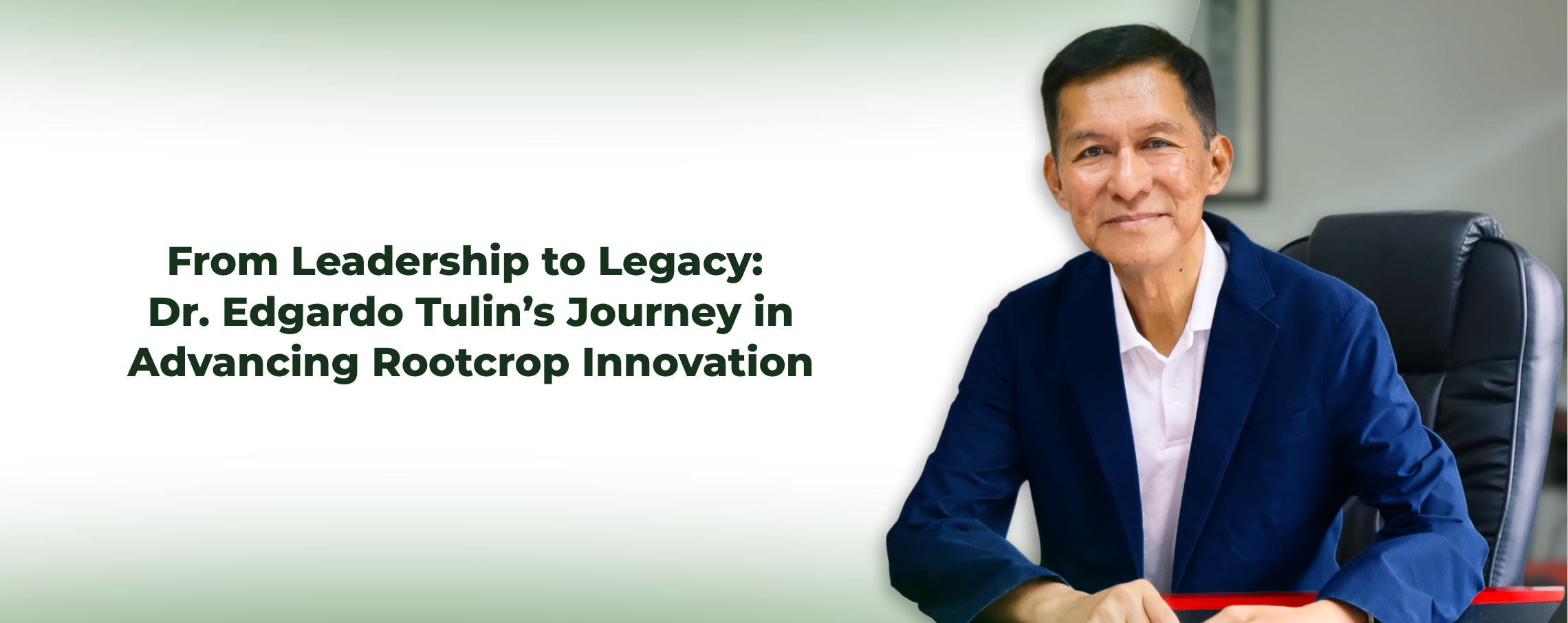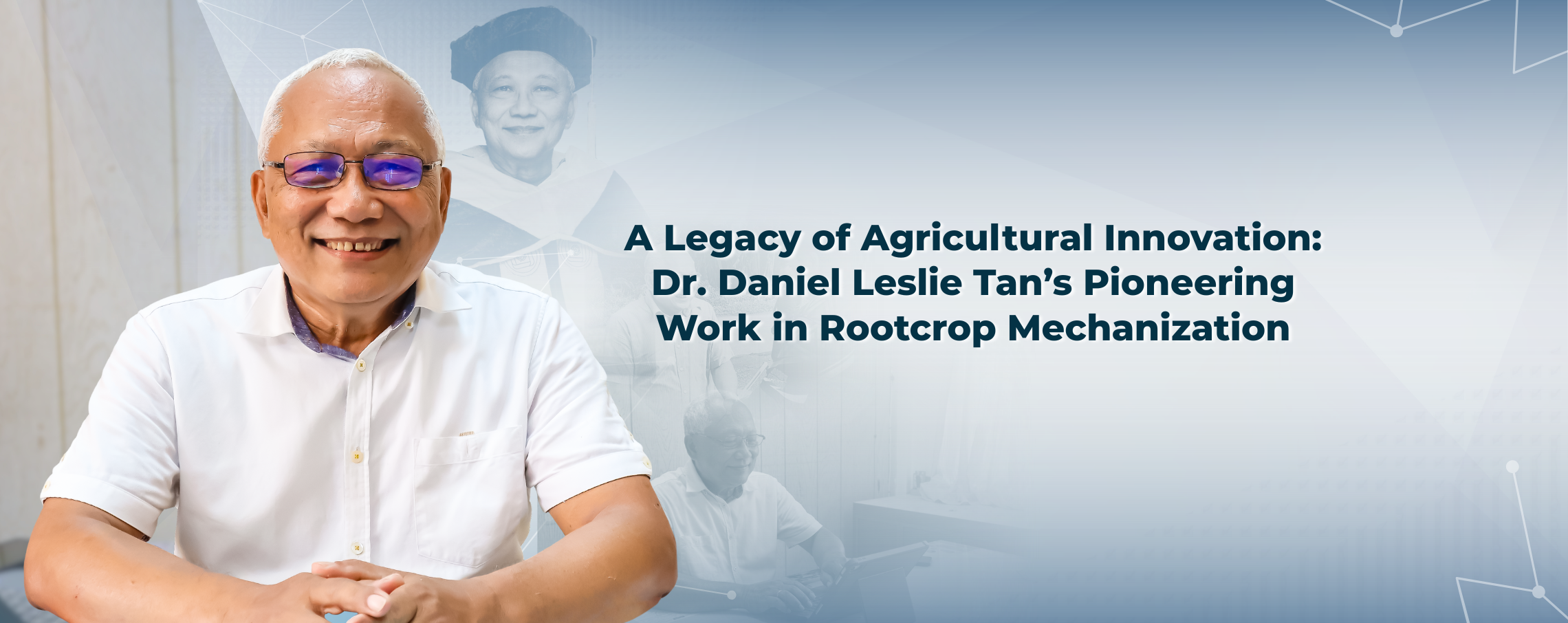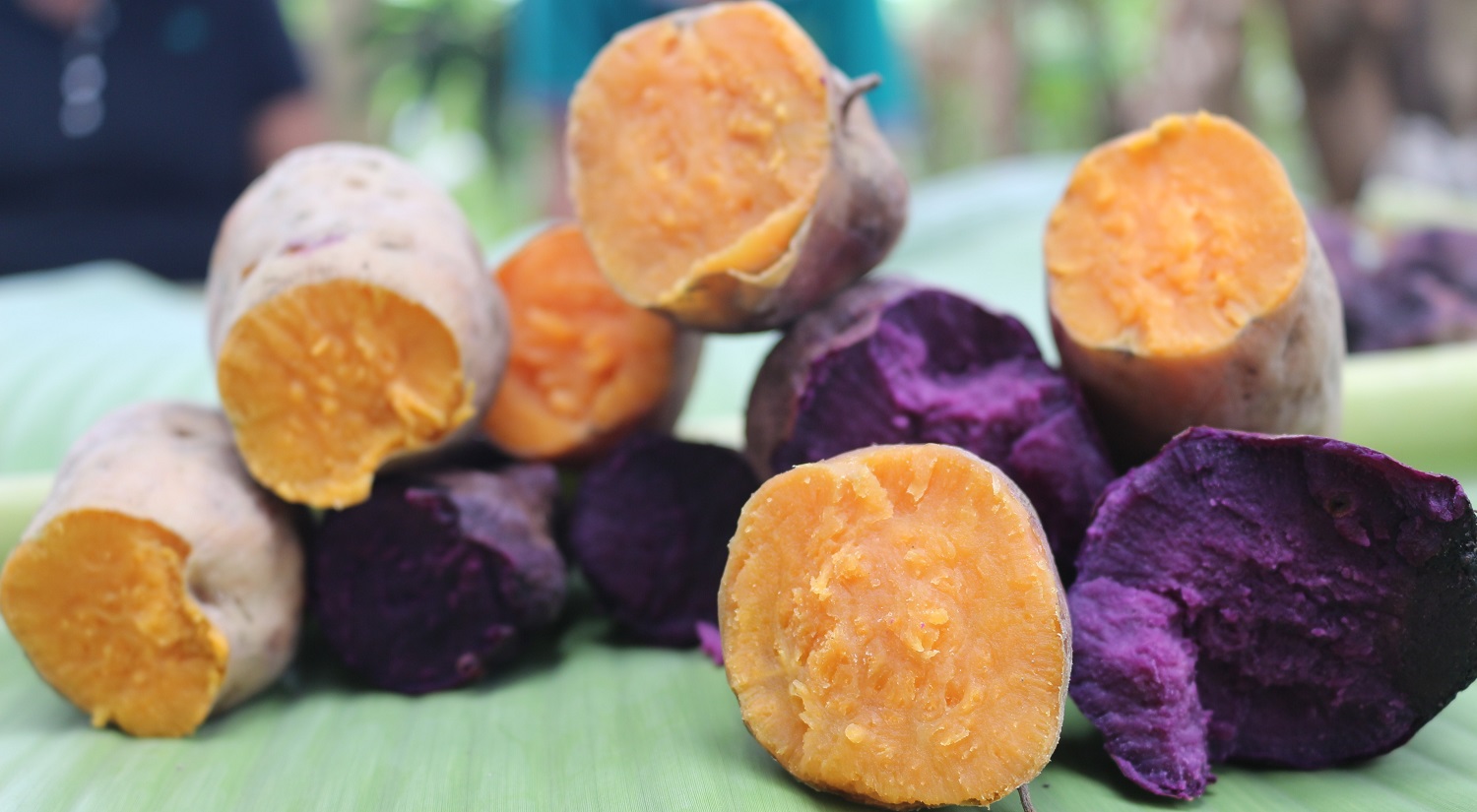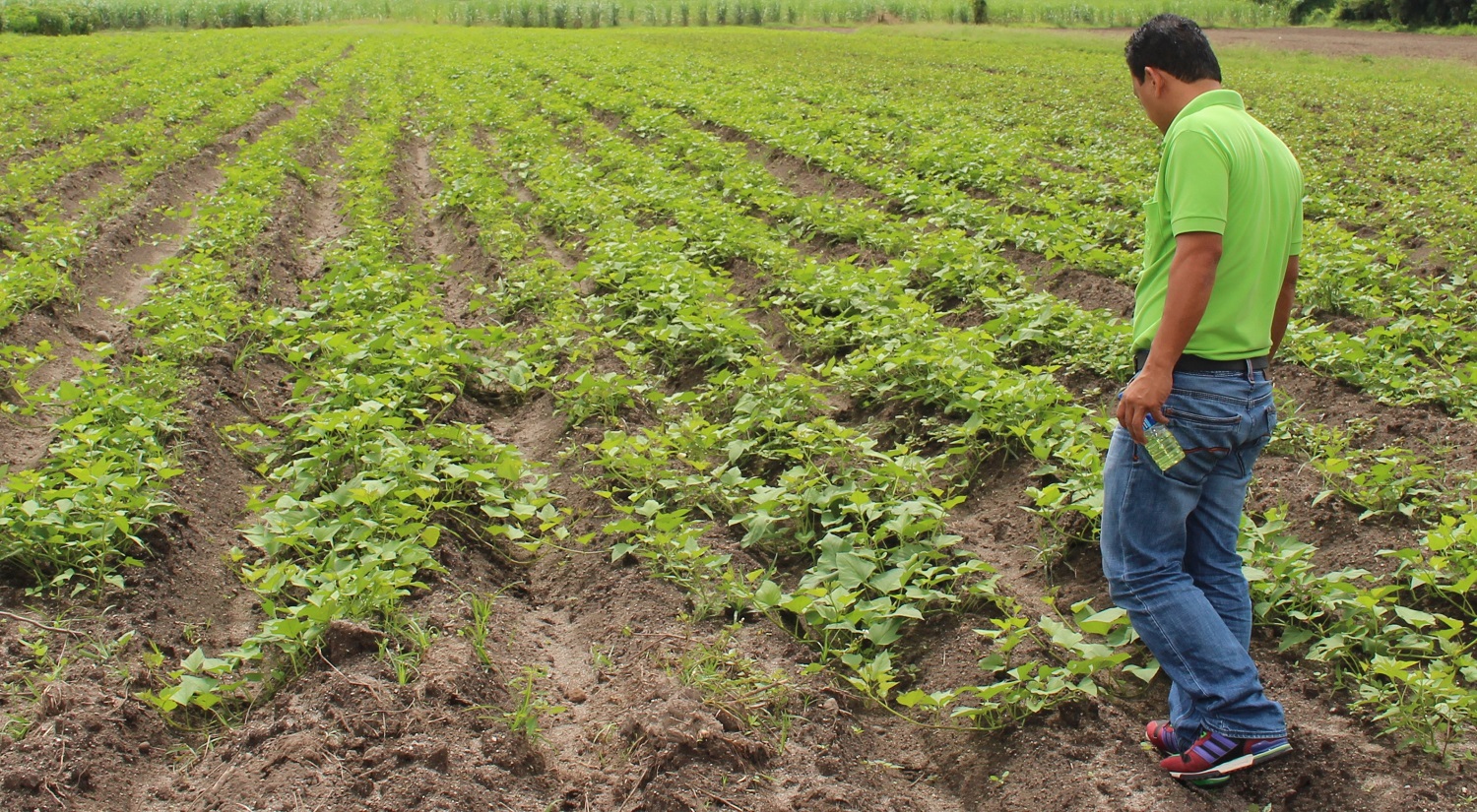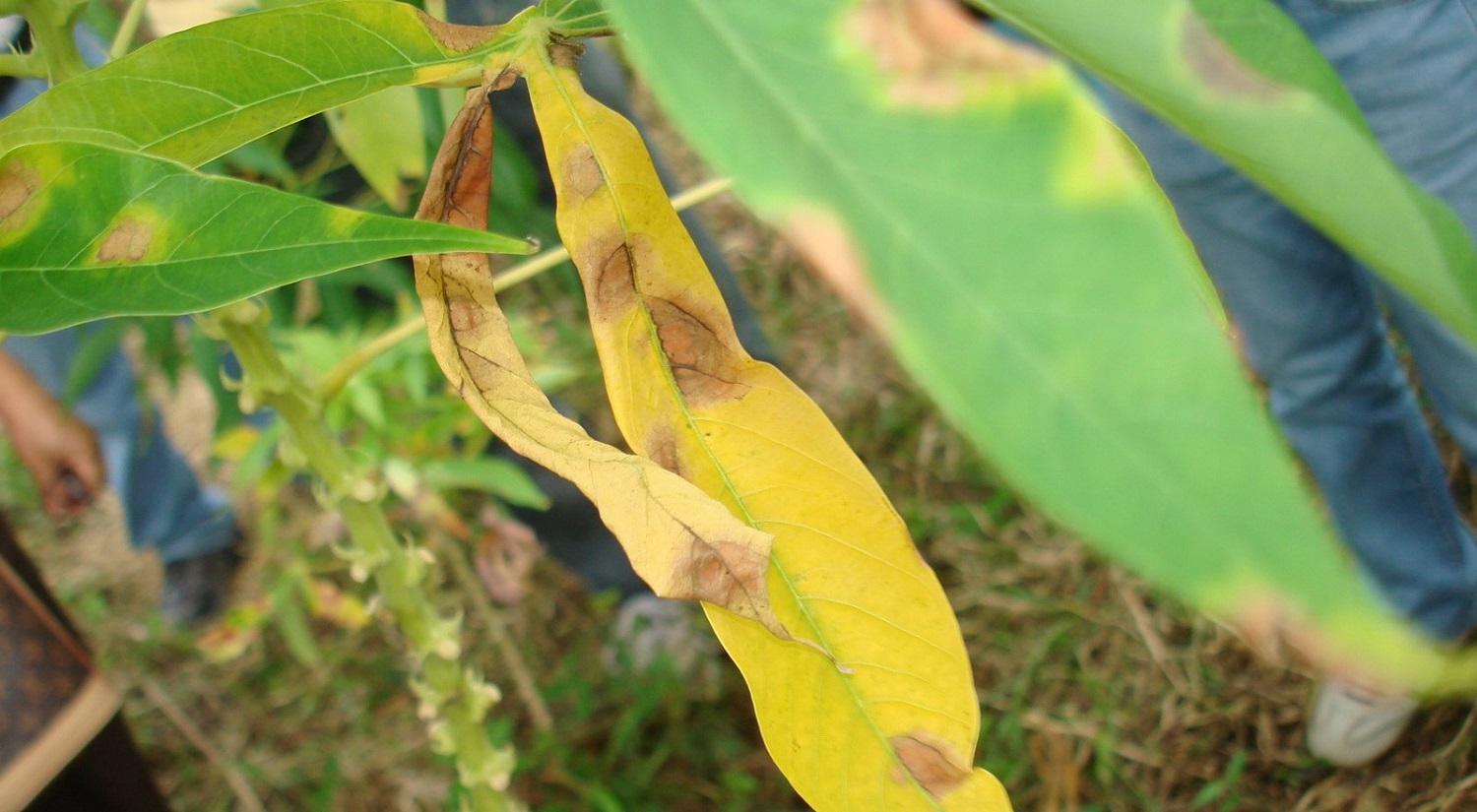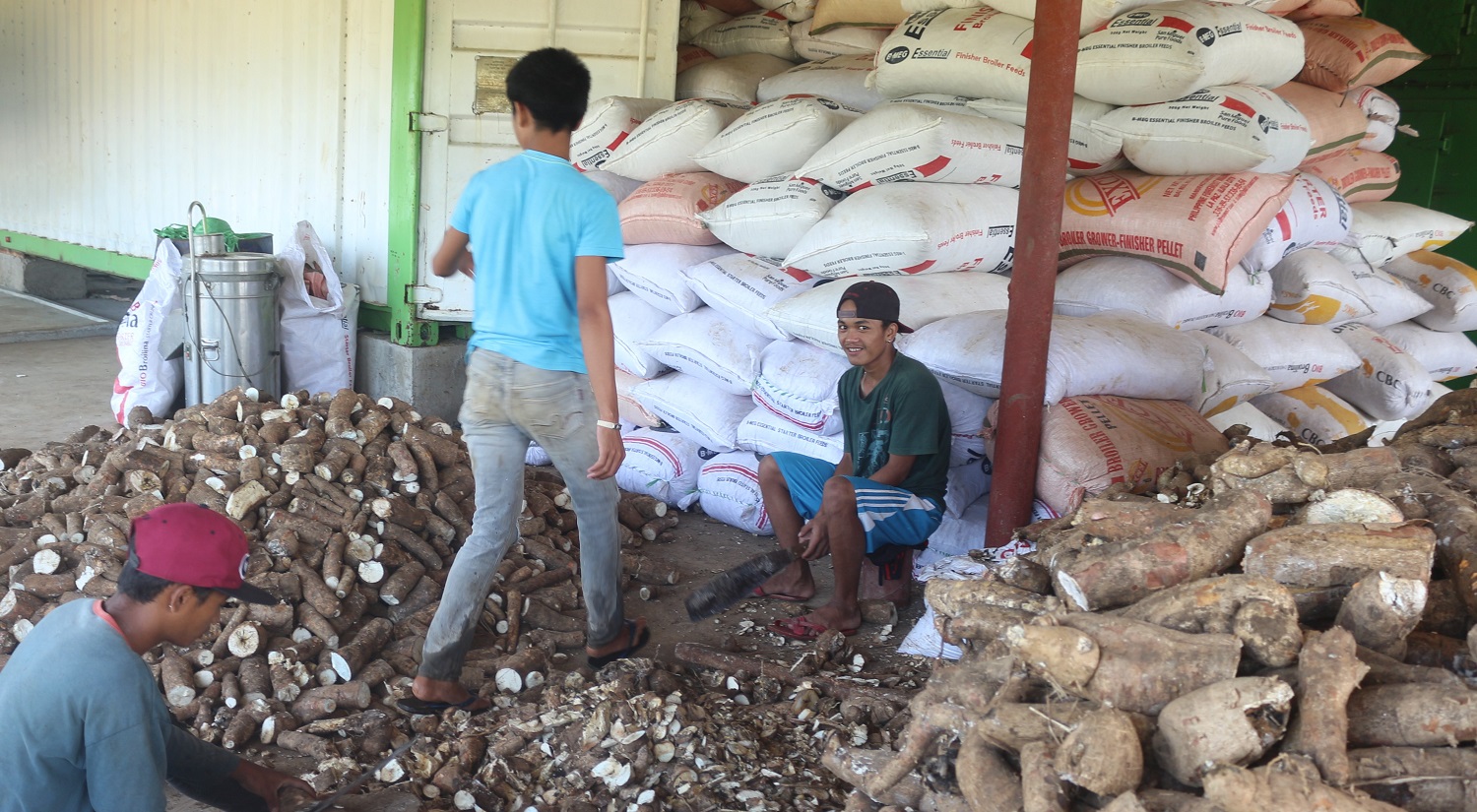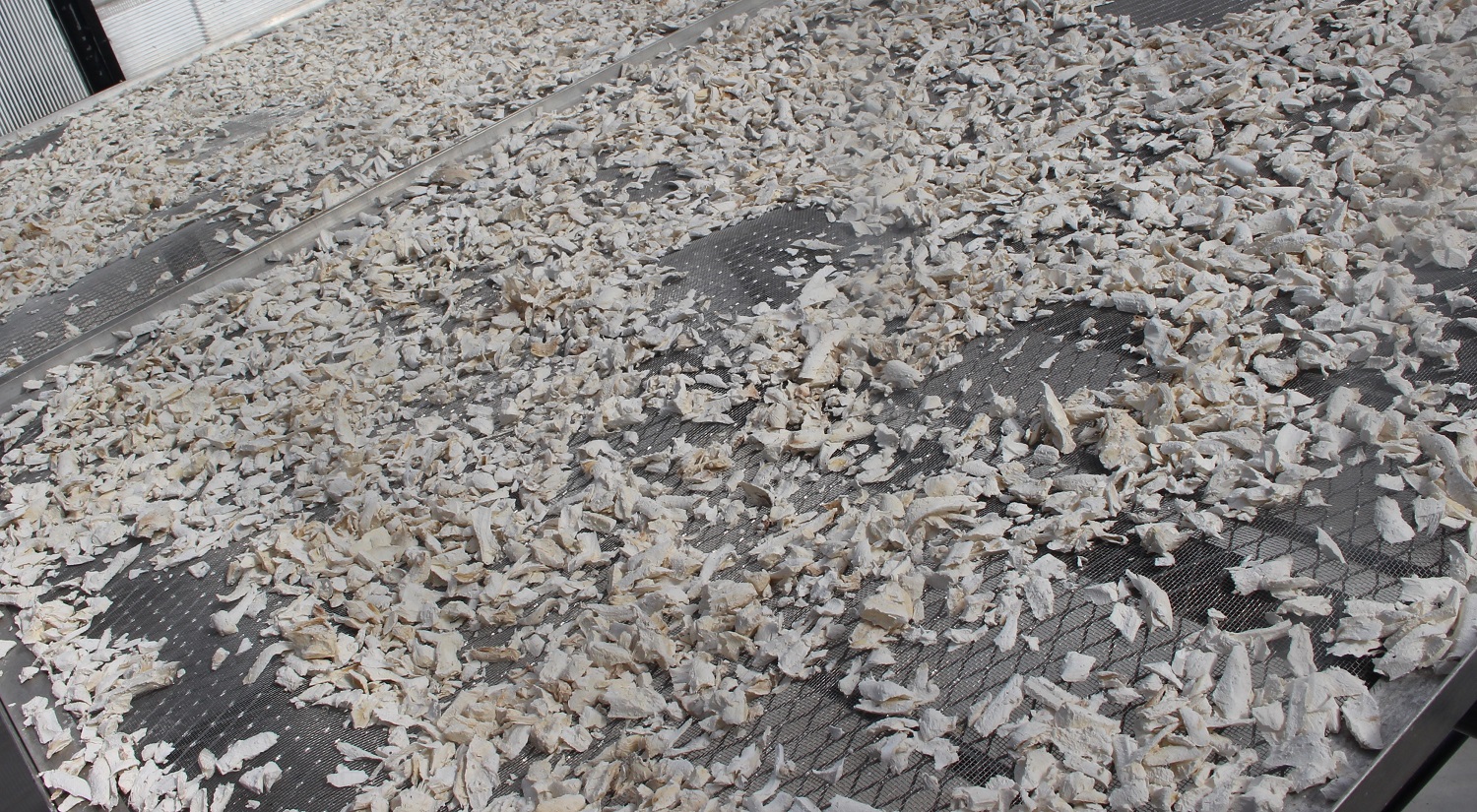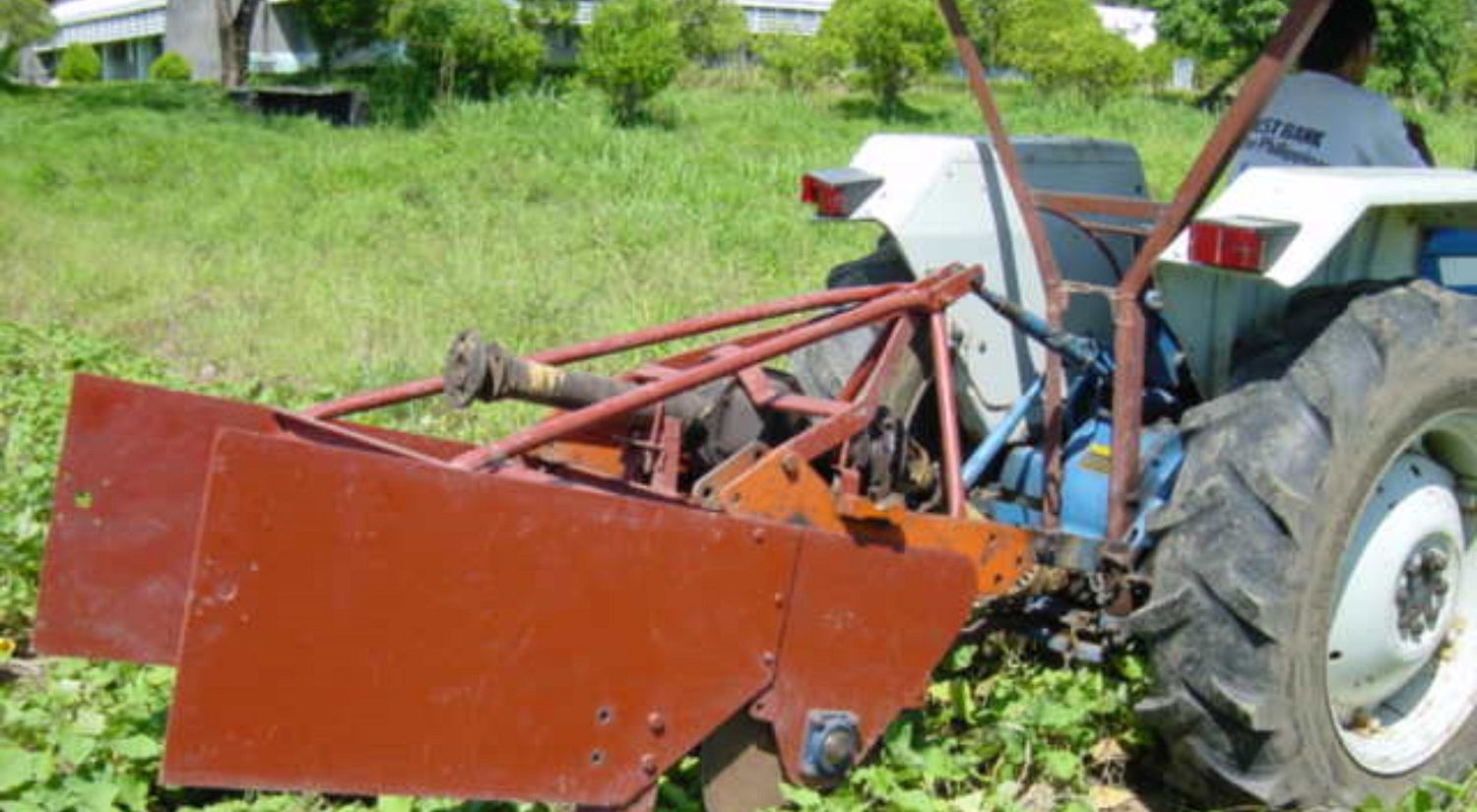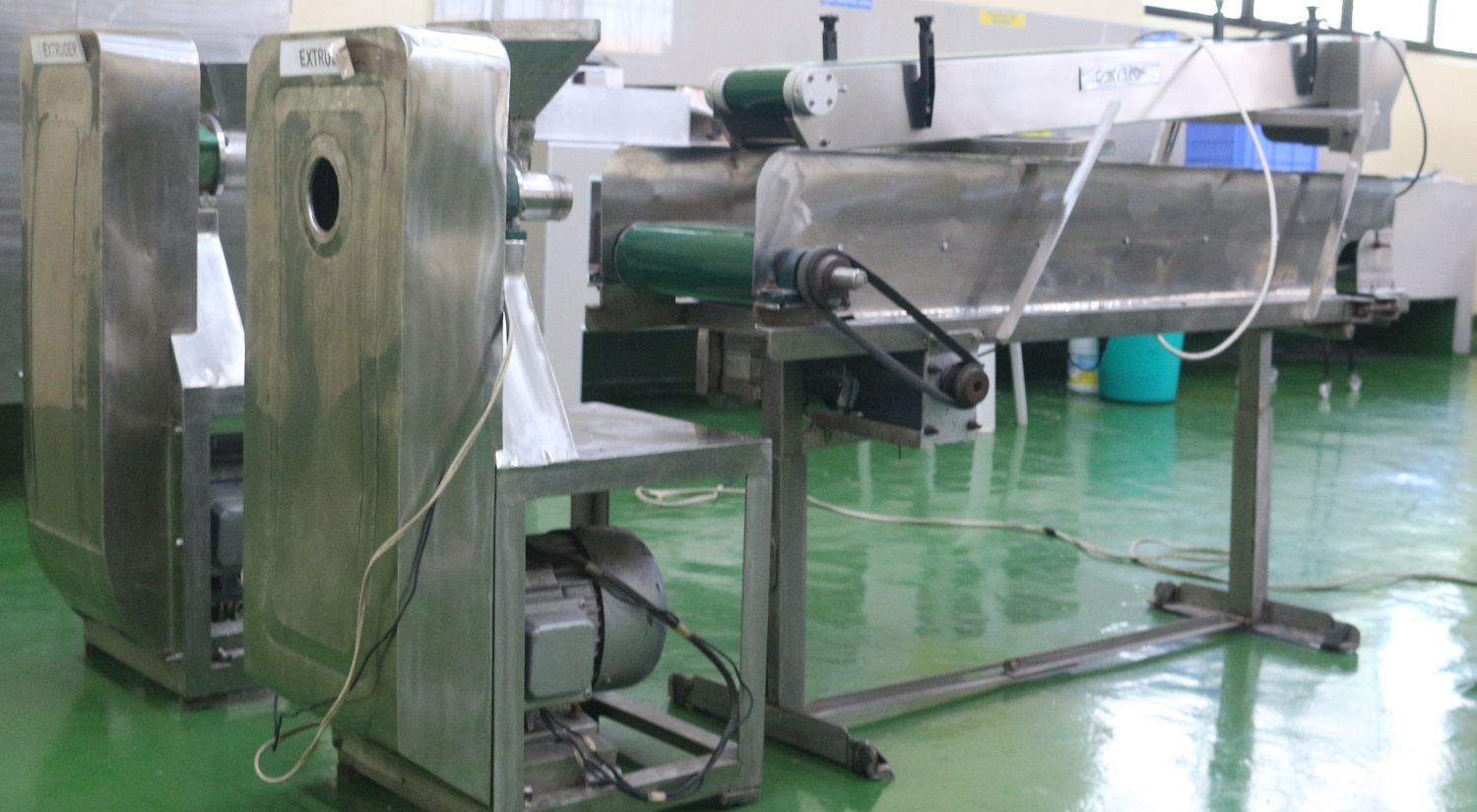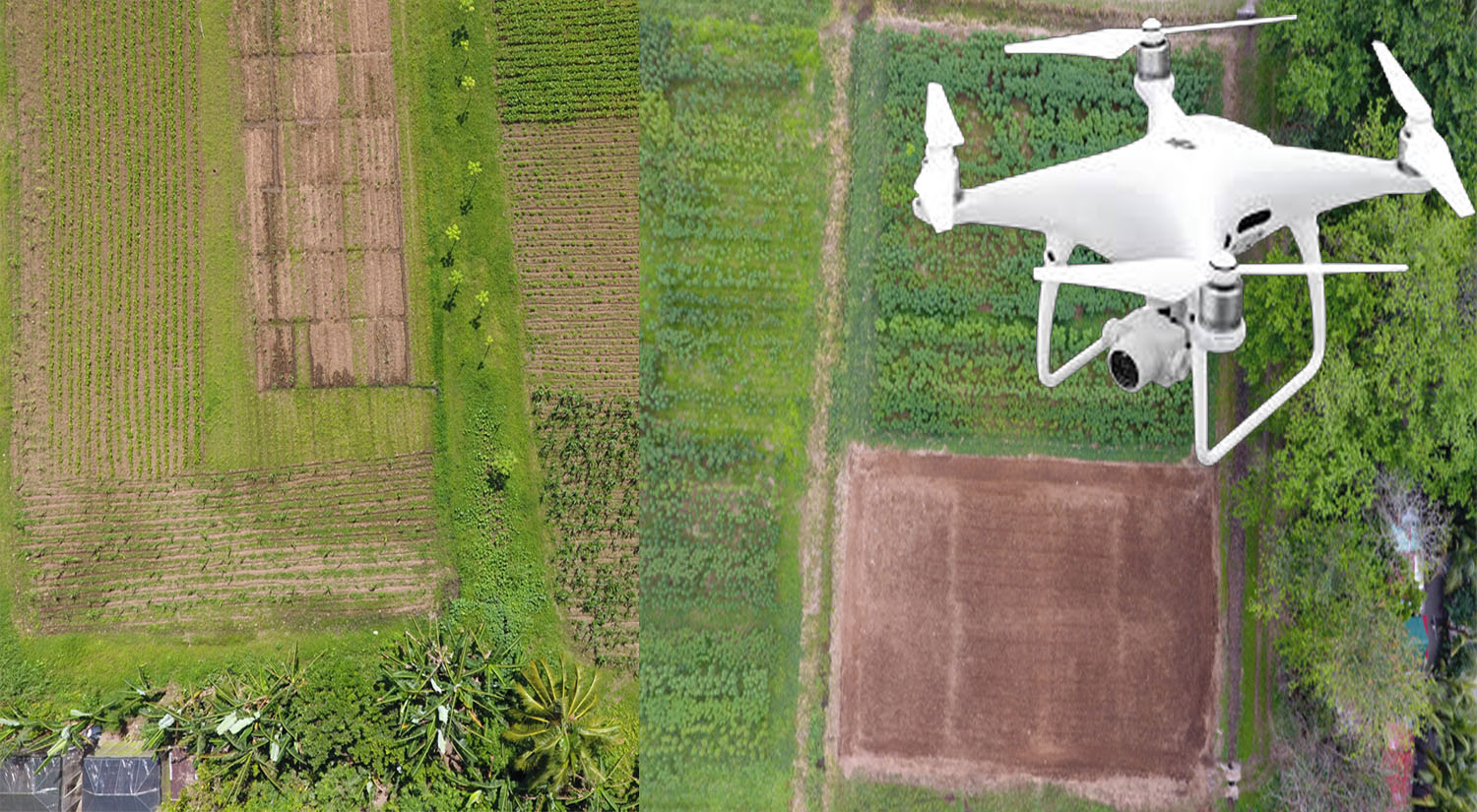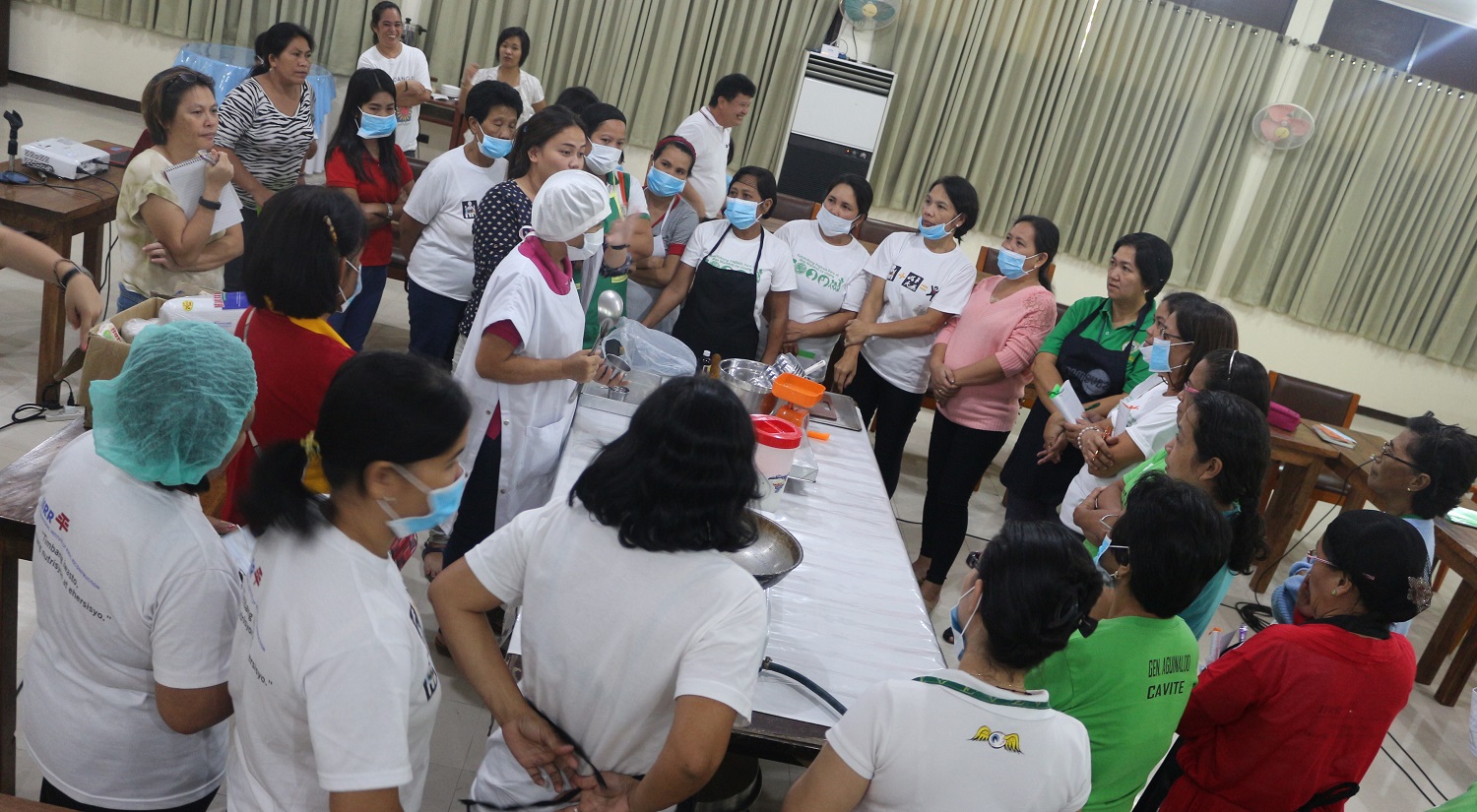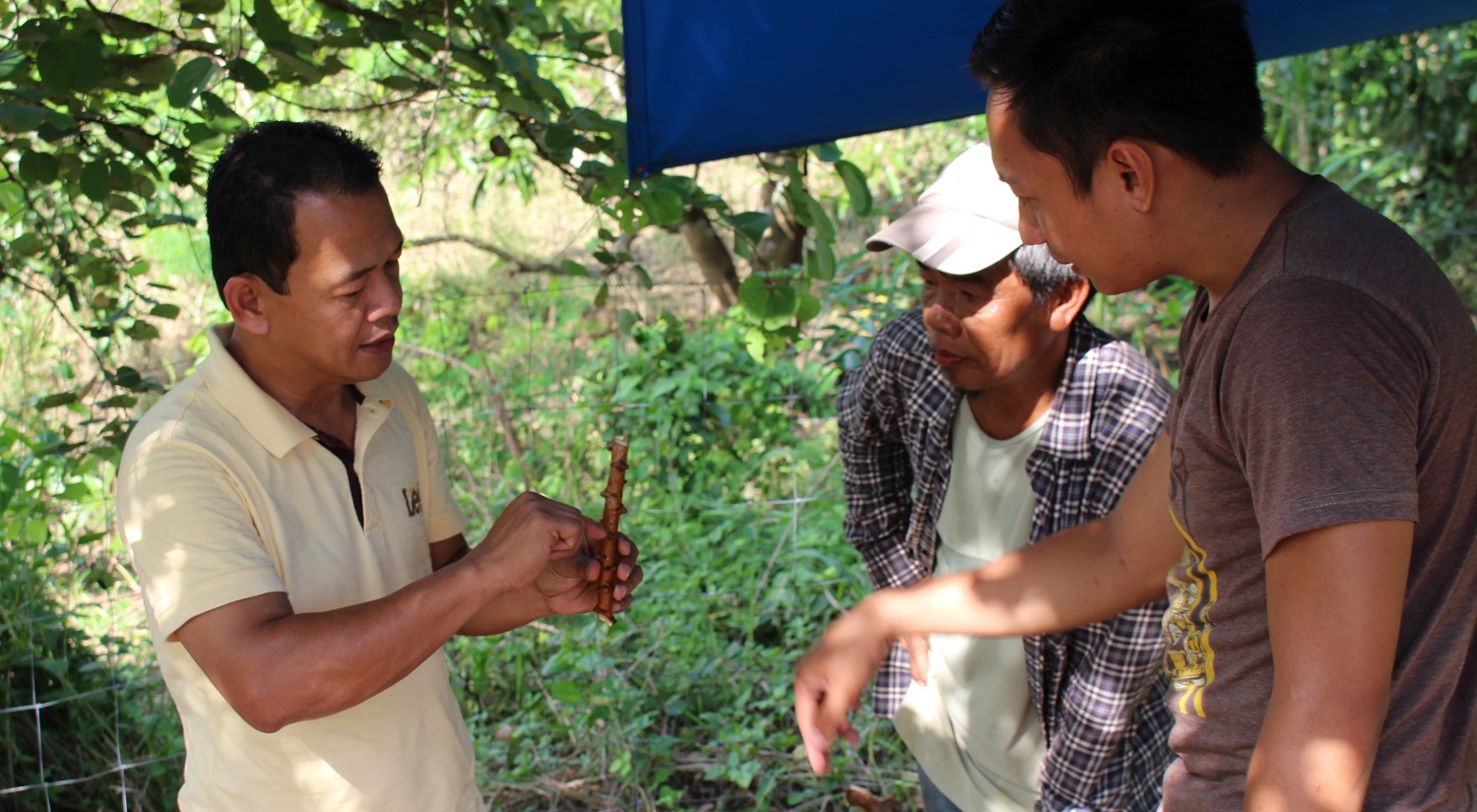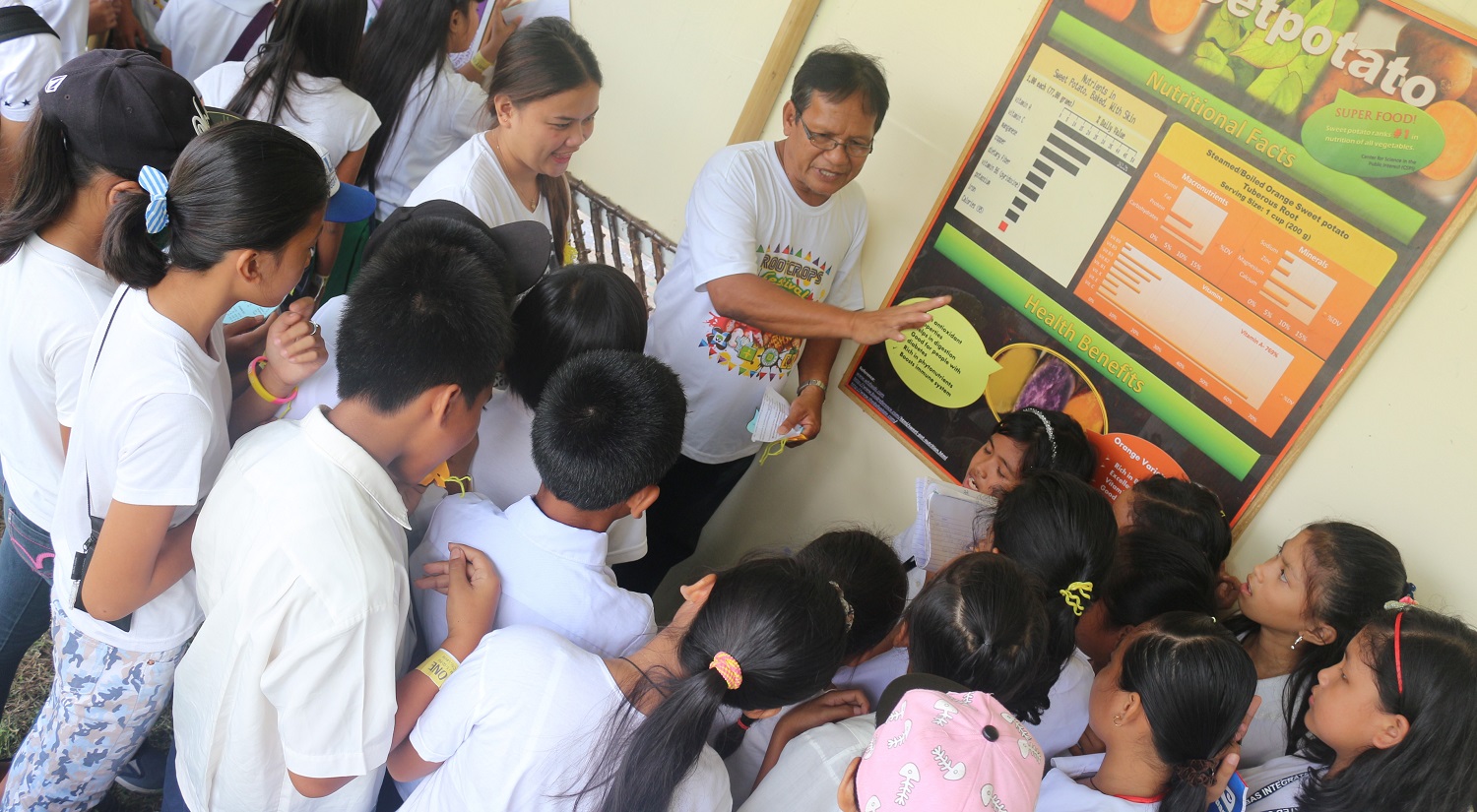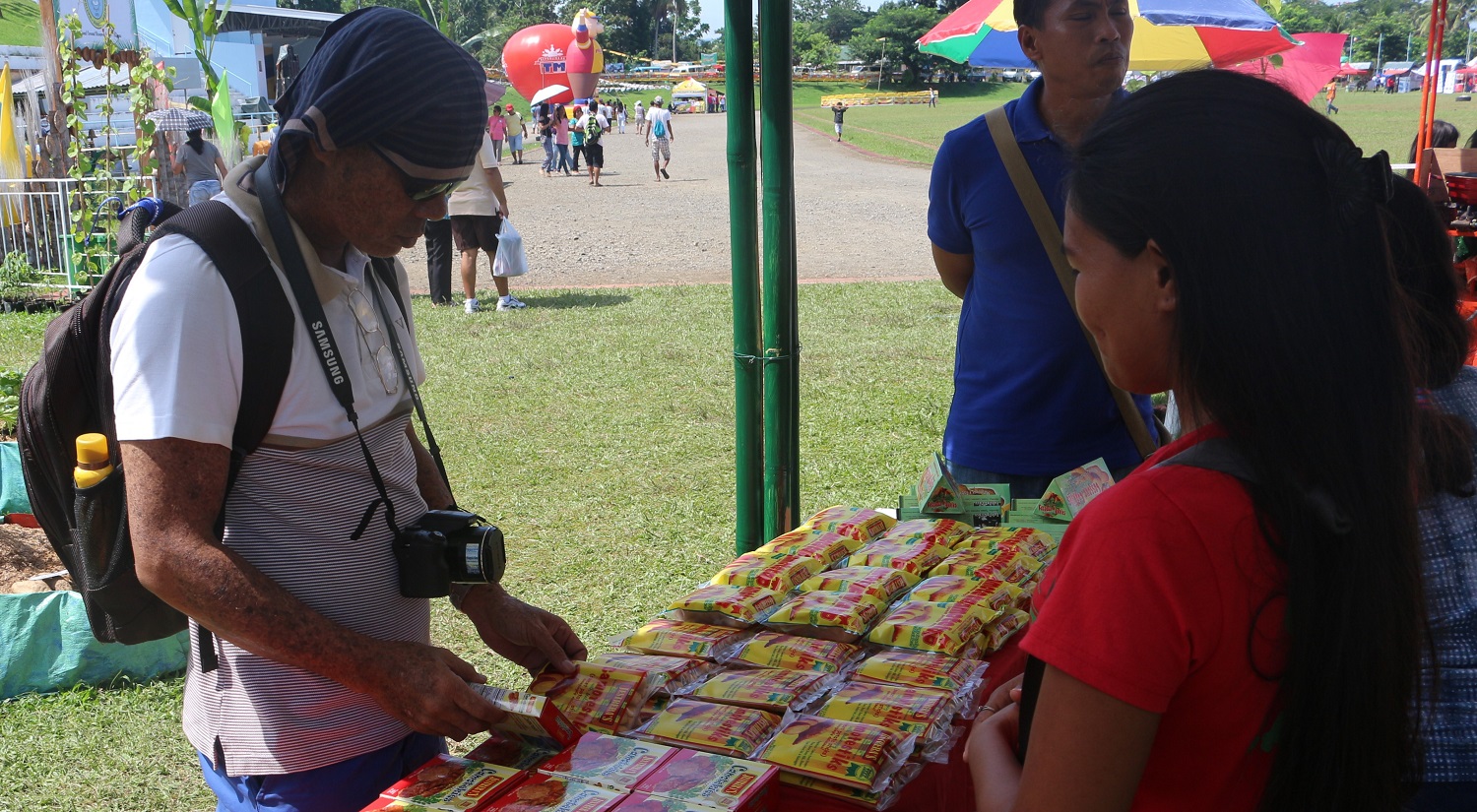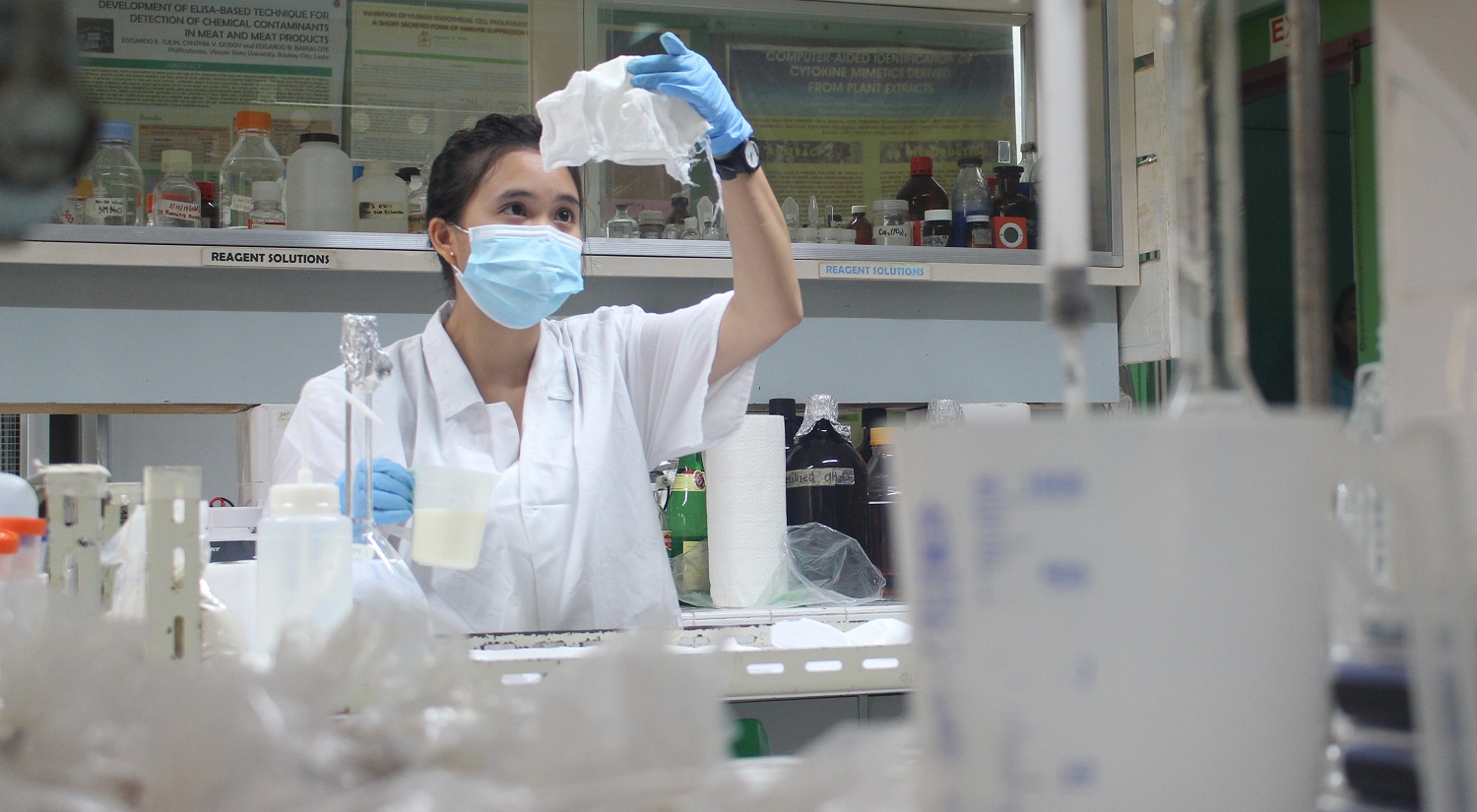In a small barangay in Baybay City, a remarkable transformation began. The Bunga Women’s Association (BUWA), led by Jorlita Ramos Morales, has transformed humble harvests into sources of livelihood, empowerment, and community development. Through dedication and grit, these women have cultivated more than crops, they’ve cultivated change.
Inception of BUWA’s Root Crop Processing
In 2012, BUWA began as a small group of women with different goals and objectives. But it wasn’t until Jorlita "Nanay Jorly" Ramos Morales stepped up, appointed unexpectedly by the association’s former president, that the association found firm leadership. With the support of the barangay captain, Nanay Jorly led BUWA toward a more organized and sustained operation.
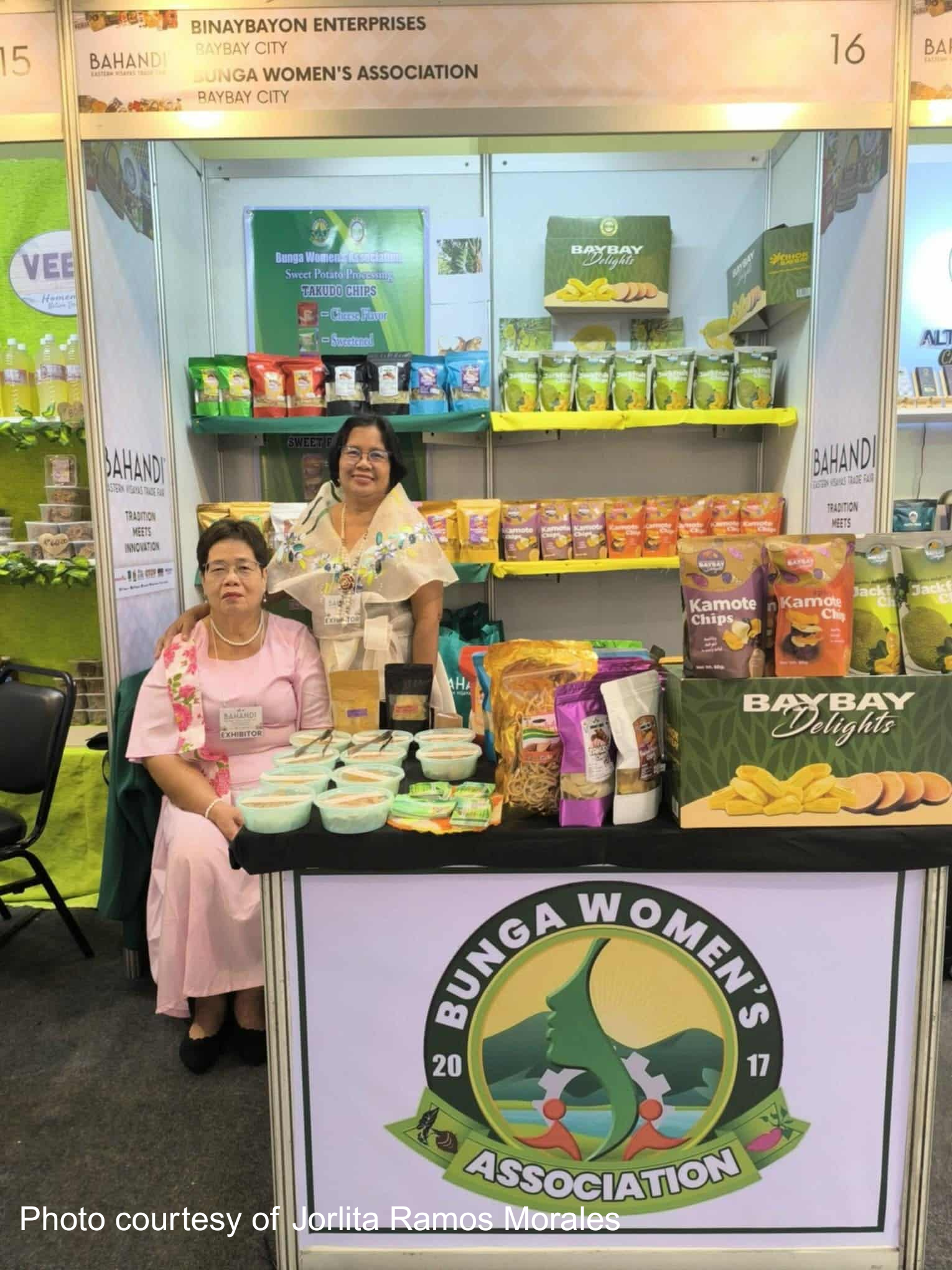
With the encouragement from the former mayor of Baybay, Carmen Cari, and support from Gender and Development (GAD) the association initially planned to process sweet potato or “kamote,” candy in 2016. But the plan took a sudden turn as PhilRootcrops opened the Farmer Business School (FBS) on January 10, 2017.
“Unya waman to nadayon ang (kamote) candy kay nag open man ang rootcrop (PhilRootcrops) og FBS - Farmers Business School niadtong January 2017. Mao to nga 3 days mi atong nag-skwela pud. Na enroll ko adto. About mga kamote processing, mga rootcrops, didto ko nag-sugod.”
PhilRootcrops’ Farmer Business School
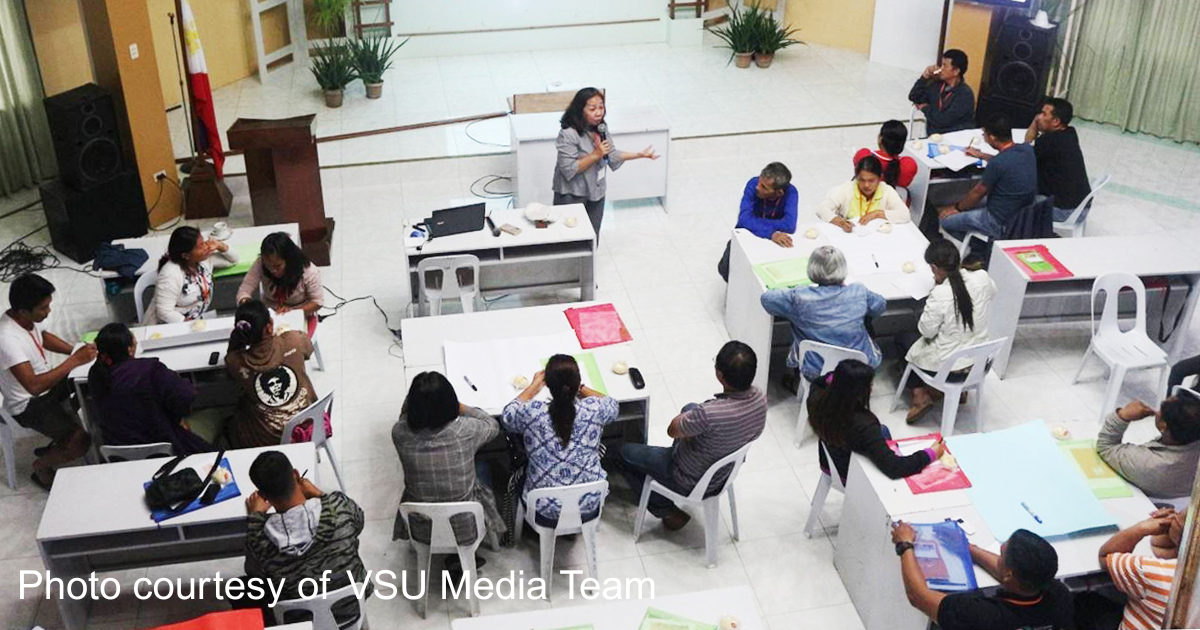
The FBS training was conducted by the Sweet Potato Industry Strategic Programme (SP-ISP) and with the help of experts from PhilRootcrops, led by Dr. Julieta R. Roa and Mr. Marlon M. Tambis along with one of the Technical Working Group members, Dr. Roberta Lauzon. The said training aims to guide the farmers and help them to become entrepreneurs and participate and engage in agricultural value chains.
Nanay Jorly enrolled to learn root crop processing and eventually, started sharing her knowledge to its members. As she completed the FBS program, their association finally started the production on February 28, the same year.
Challenges Faced by the Association
Just as root crops cannot be immediately harvested after planting, the association also took time to harvest its success. Their group faced numerous challenges along the way, leading them to seek help from various food technology experts and attended multiple training sessions.
“Pagsugod jud sa amo production, hinay-hinay palang to. Unya, daghan may mga risk na amo na-agian [sama sa] madaot amo product. Mu-adto ko sa FoodTech, unya, magpatudlo [ug mangutana] ko na ngano mani amo product ma'am. Mao to nga gi training napod mi nila. Mao to nga na kat-onan na namo ang uban.”
Despite participating in formal training and following expert’s advice, their products still failed to achieve a longer shelf life. But through determination, trial-and-error, and resourcefulness, they eventually discovered their own solution that extended their product’s storage life. Now, their products have a shelf life of six months, and can last up to one year.
As the association is slowly flourishing, an unexpected disaster tested their resilience and foundation, from members' lack of commitment to the devastating impact of a typhoon.

In April 2022, Typhoon Agaton swept through Baybay, destroying BUWA’s newly built building processing center. “Lup-ong gud ko didto sa atubangan pag tan-aw nako sa building nga nawala na. Grabi jud ang hago naho ato nga building,” Nanay Jorly vividly recalled. Years of effort were washed away in an instant, but definitely not their determination. With the help of LGUs, NGOs, and VSU Philrootcrops, BUWA resumed operations just five months later.
Support and Partnership
With strong backing from agencies like the Department of Trade and Industry, and Visayas State University’s Philrootcrops, including the Department of Food Science and Technology and the Department of Business Management, BUWA members underwent regular training. These sessions didn’t just improve their products; they uplifted their confidence and broadened their business capability.
“Daghan na ilang training namo, [tungod niini] daghan naman gali koy certificate. Mura og halos gani mi kada buwan sa una, gi training jud mi nila. Gi-upgrade napod mi nila sa amo product.”
Through the skills, training, knowledge transfer, and the financial aid they have provided, the association was able to establish a livelihood, build a sustainable future, and demonstrate resilience from the unexpected hardships.
Empowerment through Root Crops
Once overlooked and undervalued, rootcrops became the foundation for something extraordinary. Through BUWA, these crops gained new value, and so did the women who processed them. “Dili na mi magsalig sa among bana,” Jorlita said proudly. “Naa na mi kita. Nawala among kaulaw.” For many members, BUWA wasn’t just a livelihood; it was a transformation.
BUWA’s work extends beyond processing root crops; they also demonstrate care for the community by actively engaging in feeding program activities for malnourished children.
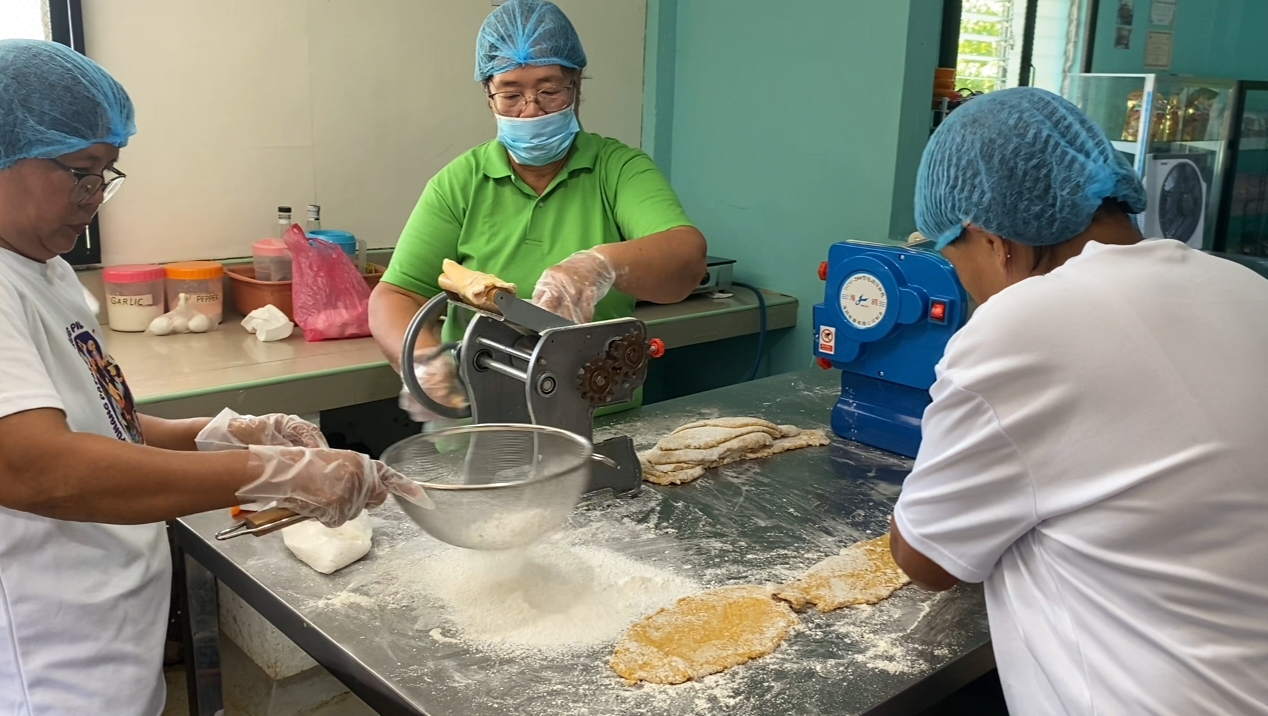
Potential of Root Crop Processing
On the other hand, Nanay Jorly stresses the importance of food processing in root crops because of its power to produce health and good food.
“Importante gyud [ang food processing]. Para sa mga kabataan, kita, ka-tiguwangan, ug sa kabatan-onan. Kay tan-awa, walay mga [sagol] preservative ma’am. Ang amo sad [gamit] oil, vegetable man. Wala jud gina-sagol na mga preservative para mag dugay. Angay jud na kini na atong kaonon kaysa mga chichirya,” she emphasized.
Their products — Takudo Chips, Sweet Potato Noodles, and Sweet Potato Chips have now reached national and even abroad. As people usually bought it as pasalubong.
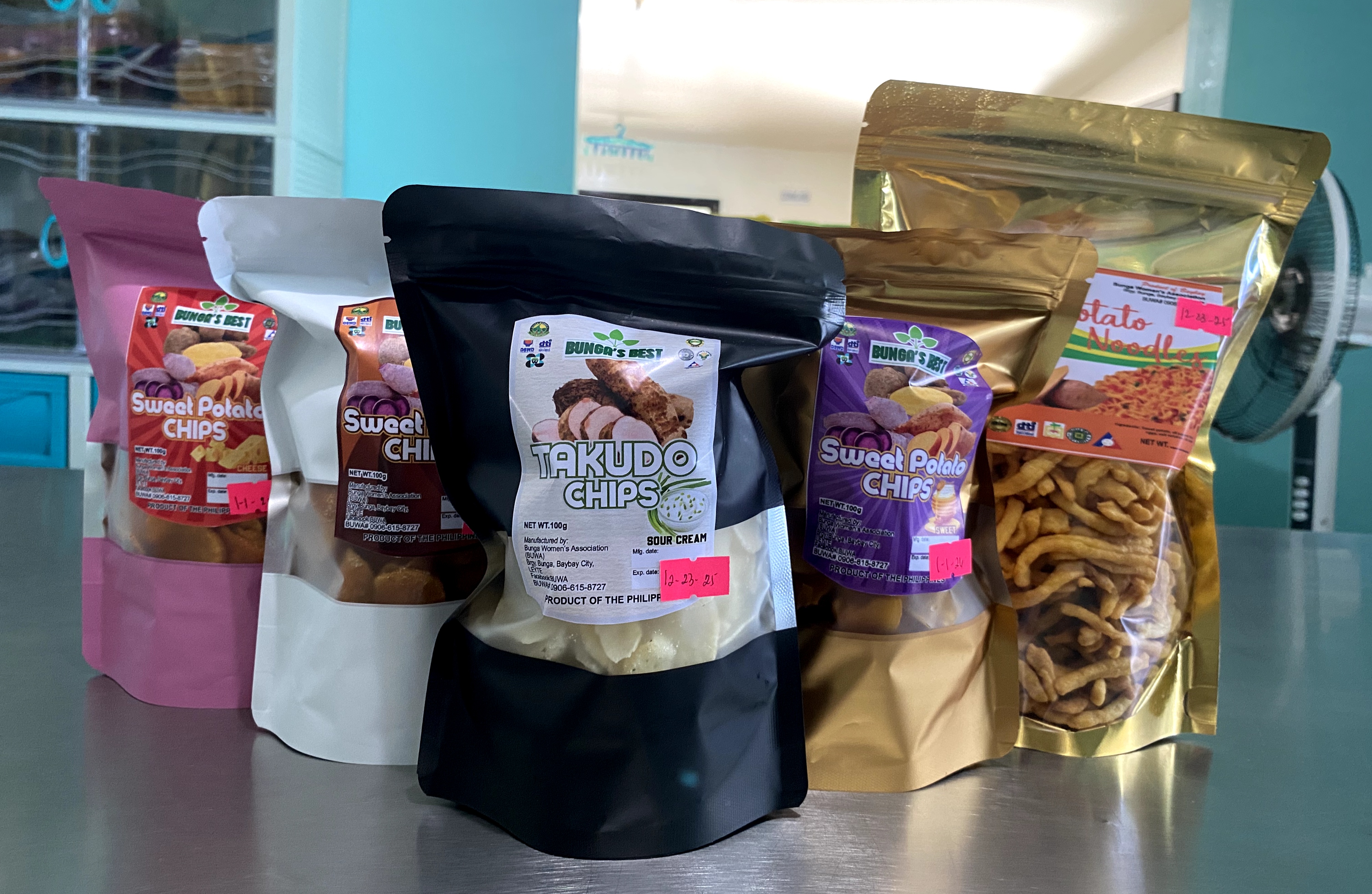
Now that Nanay Jorly is in her 60s, she is observing her members to take the lead in the not-so-distant future to continue the legacy she started.
BUWA’s journey proves that root crops do more than feed, they build livelihoods, empower women, and cultivate resilience. Like the crops they grow, BUWA’s impact may start underground, but it rises strong and lasting.
With BUWA’s unwavering dedication, this group of women not only processes root crops but also promotes a healthier community, supports local farmers, and generates sustainable income that contributes to community development and women’s empowerment.
This article aligns with Sustainable Development Goals No: 2 – Zero Hunger, 4 – Quality Education, 12 – Responsible Consumption and Production, 13 – Climate Action, 15 – Life on Land, 17 – Partnerships for the Goals


